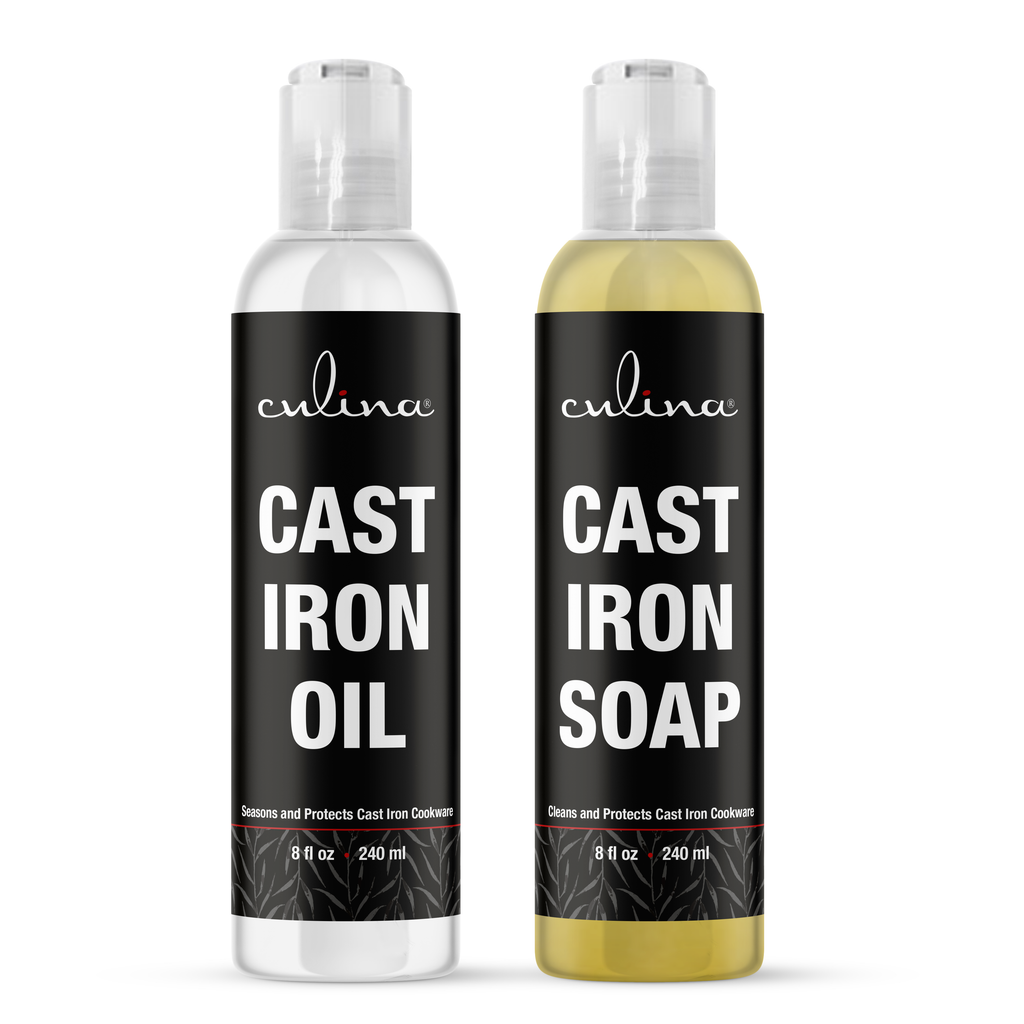What is the Healthiest Oil to Cook Eggs with for Better Nutrition?
When it comes to cooking eggs, many people often wonder, what is the healthiest oil to cook eggs with? This question not only reflects concerns about health but also hints at the broader implications of cooking methods in beauty and wellness. For beauticians and those invested in beauty trends, the importance of choosing the right oil can significantly affect overall well-being and skin health.
In this article, we will delve deep into the various types of oils available for cooking eggs, exploring their nutritional benefits, potential drawbacks, and suitability for various cooking techniques. Given the healthy fat trends in today's beauty and health conversations, knowing the best oil to use can empower you both personally and professionally.

The Importance of Choosing the Right Cooking Oil
The choice of cooking oil can alter not just the flavor of your dish but its nutritional value as well. Many beauticians emphasize that diet plays a crucial role in skin health, and proper fats are essential for maintaining a radiant complexion. A healthy balance of fats in your diet helps in hormone production and aids in keeping skin hydrated.
There are many oils to consider when cooking eggs, but each has unique characteristics. By understanding these, you will be better equipped to answer clients' queries regarding the best practices in their cooking habits.

Popular Oils to Cook Eggs With
1. Olive Oil
Often hailed as one of the healthiest oils globally, olive oil is not just flavorful but comes packed with antioxidants. It is enriched with monounsaturated fats, which can help enhance heart health. When considering what is the healthiest oil to cook eggs with, olive oil is frequently at the top of the list.
Furthermore, olive oil is excellent for low to medium heat cooking, making it an ideal choice for scrambled eggs or omelets. Just remember, extra virgin olive oil offers the most health benefits but has a lower smoke point than refined varieties.
2. Avocado Oil
Another great choice is avocado oil. This oil is rich in healthy fats and has a high smoke point, making it perfect for frying or sauting eggs. Avocado oil is known for its ability to improve skin health and is packed with antioxidants.
3. Coconut Oil
Coconut oil has gained popularity in recent years and offers numerous health benefits. It contains medium-chain triglycerides (MCTs), which are believed to be beneficial for metabolism. However, because of its high saturated fat content, you should use it sparingly.
Using coconut oil with eggs can impart a delicious richness to your dish, making scrambled eggs specially fluffy and tasty.
4. Grass-Fed Butter
While not an oil, grass-fed butter is worth mentioning. It provides a unique flavor and is high in fat-soluble vitamins. Using butter in moderation can complement eggs beautifully, allowing for creamy and flavorful dishes.
5. Ghee
Ghee, a form of clarified butter, can be another healthy substitute. It is rich in vitamins A, D, E, and K, and has a nutty flavor. Its high smoke point makes it suitable for cooking at high temperatures.

Choosing Oils Based on Cooking Methods
When it comes to cooking methods, the type of oil significantly influences the texture and flavor of eggs. Whether you're frying, scrambling, or baking, here are a few things to keep in mind:
- Frying: For frying eggs, oils with high smoke points such as avocado or light olive oil can work wonders.
- Scrambling: When scrambling eggs, use a mix of butter and oil to add richness while preventing sticking.
- Baking: Coconut oil or melted ghee can work well in baked egg dishes.

Potential Drawbacks of Cooking with Oils
While oils can enhance flavor and nutrition, they also have potential drawbacks depending on usage. Some oils can become unhealthy when heated excessively, leading to the formation of dangerous compounds. Therefore, it's crucial for beauticians and health-conscious individuals to be aware of oil properties.
Moreover, some individuals may have allergies or sensitivities to certain oils. Always consider clients dietary restrictions when recommending any cooking options.
Conclusion: The Best Choices for Cooking Eggs
Overall, the best option for cooking eggs often hinges on individual preferences and dietary needs. From healthy fats to flavor profiles, options like olive oil, avocado oil, and even ghee have much to offer.
In a world where what is the healthiest oil to cook eggs with can determine both taste and nutrition, being mindful of your oil choice can help elevate not just your culinary skills but also your beauty expertise, leading to satisfied clients and better health outcomes.
FAQs
1. Is olive oil the healthiest option for cooking eggs?
Olive oil is one of the healthiest oils to use, particularly extra virgin, due to its antioxidants and monounsaturated fats.
2. Can you use coconut oil for frying eggs?
Yes, coconut oil can be used for frying eggs and adds a unique flavor, but it is essential to use it in moderation due to its high saturated fat content.
3. What about butter? Is it a healthy choice?
Grass-fed butter provides essential vitamins and can be a healthy choice when used sparingly, enhancing flavor and texture in egg dishes.
What Oil to Cook Chicken, Healthiest Oil to Cook With, Oil for Cooking Steak
As an Amazon Associate, I earn from qualifying purchases.

